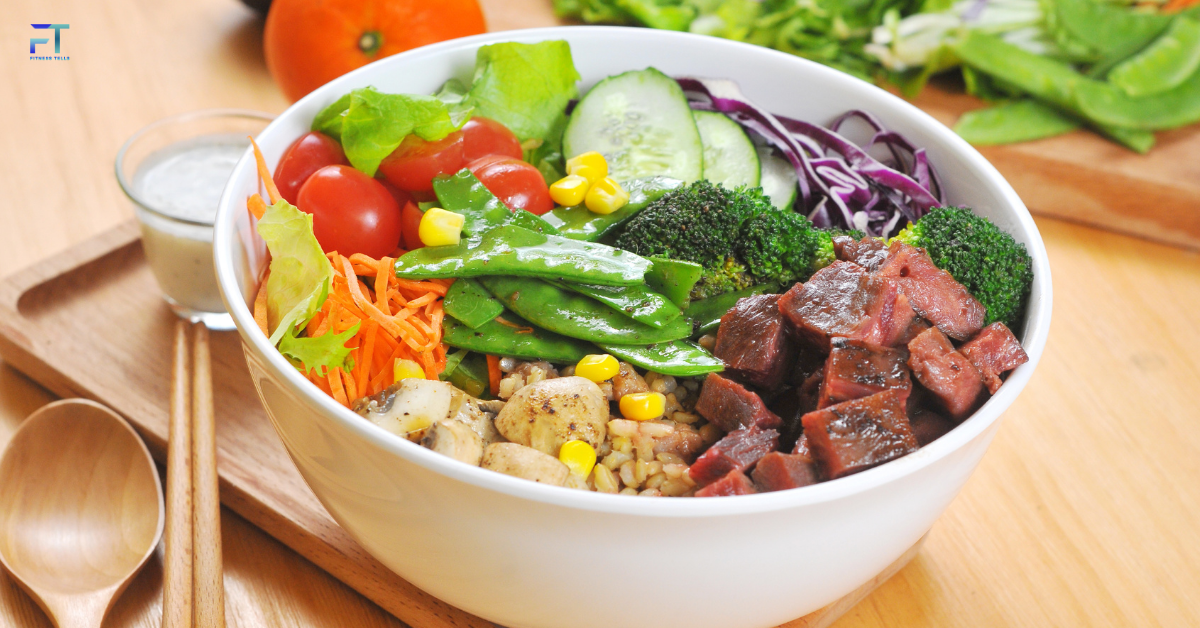Healthy foods, especially when money is tight, can be a huge task to deal with. When you are out buying groceries, of course, you make a list of things that will get you through two or three weeks. However, if you are up for spending less on food and buying stuff that results in health issues in the long term, well, you will be spending so much more on healthcare costs.
When you make a habit of healthy eating, it not only benefits your body but also gives you plenty of energy to get through the day. Healthy eating habits also improve your productivity.
Thus, if you are going to spend money on food, fill your cart with nutritious foods. Healthy foods can be cheap, tasty, and easy on your body. While cheap foods that are unhealthy can damage your body.
What Are Healthy Foods?
Everything edible is not healthy. Healthy eating can only be achieved with foods that provide your body with essential nutrients. Healthy foods are those food items that provide your body with nutrients to sustain energy and sustain well-being.
These are the essential items that make up a balanced diet;
- Carbohydrates
- Minerals
- Water
- Fat
- Protein
Let’s take a look at the healthy foods that you can eat on a budget.
Whole Grains
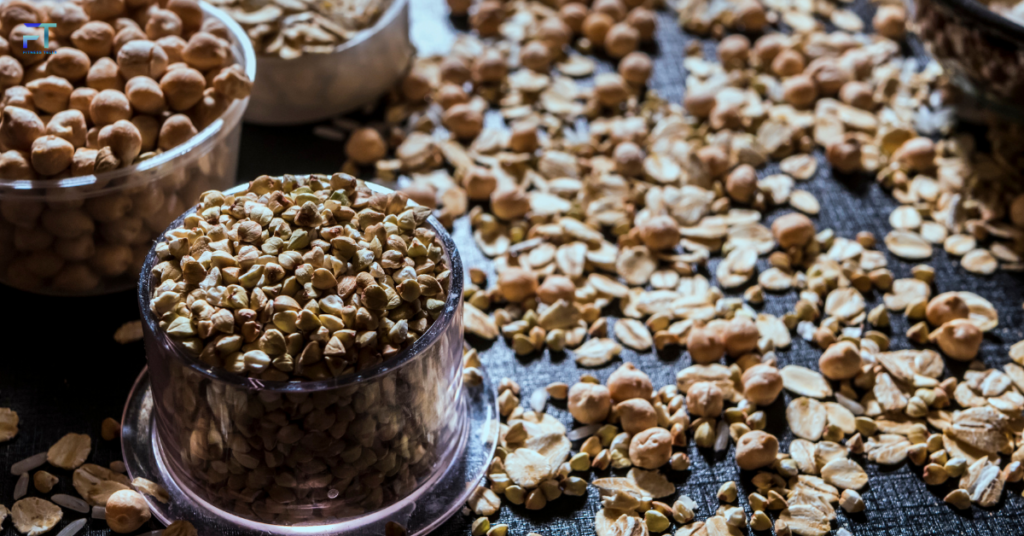
Some very fulfilling grains include;
Brown Rice
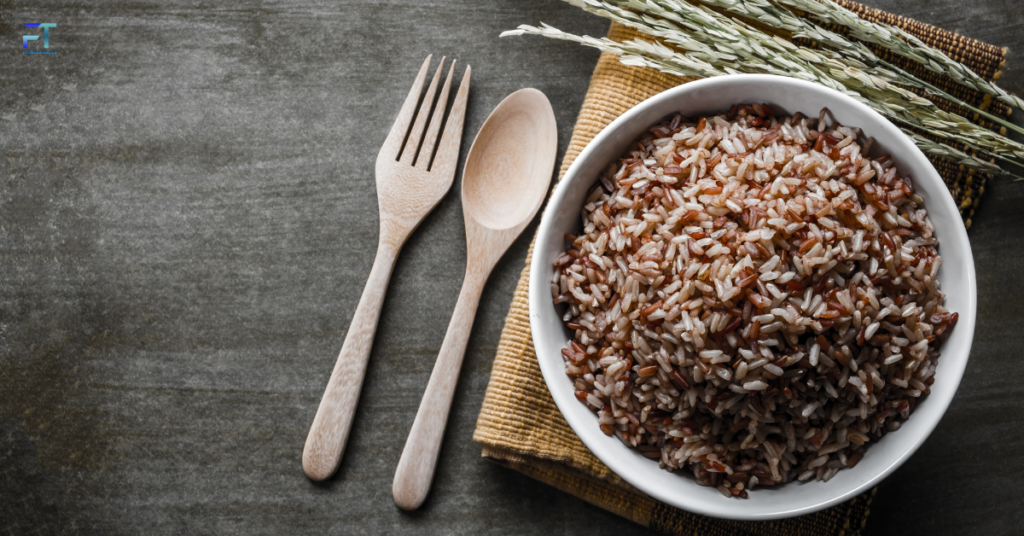
Brown Rice is an incredible on-budget food that also comes with vitamins, minerals, and fiber. It consists of carbs, B vitamins, manganese, phosphorus, and magnesium. The health benefits of rice include a reduced risk of type 2 diabetes and heart disease. However, divide your brown rice intake into small portions once or twice a week.
Oatmeal
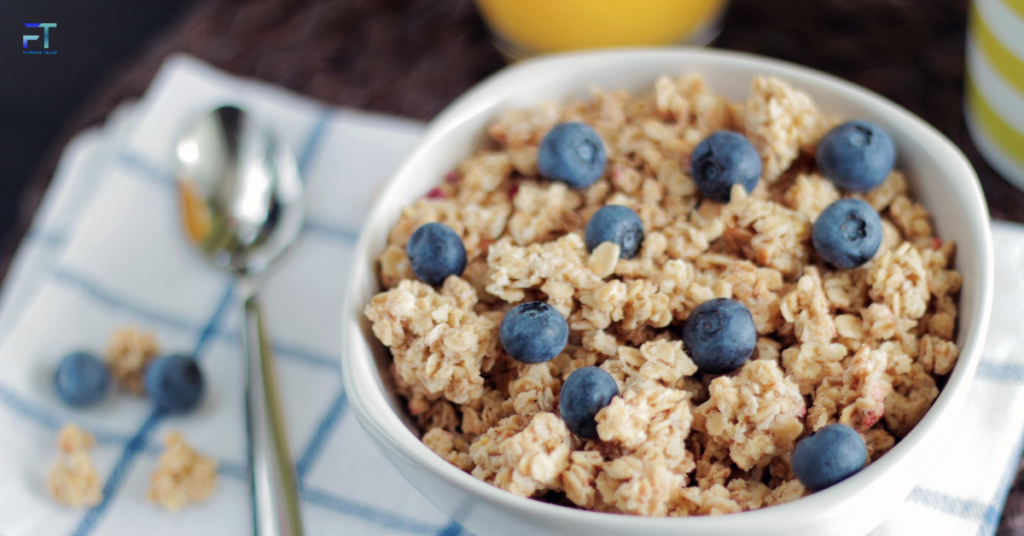
Oatmeal is rich in nutrients and available at affordable prices at grocery stores. It contains hefty amounts of iron, manganese, zinc, magnesium, and B vitamins. It is also rich in fiber and helps control blood sugar and cholesterol levels.
Oats can be combined with milk, fruit, yogurt, and various other meals for a healthy combination. You could have a nutritional breakfast with oats.
Lentils
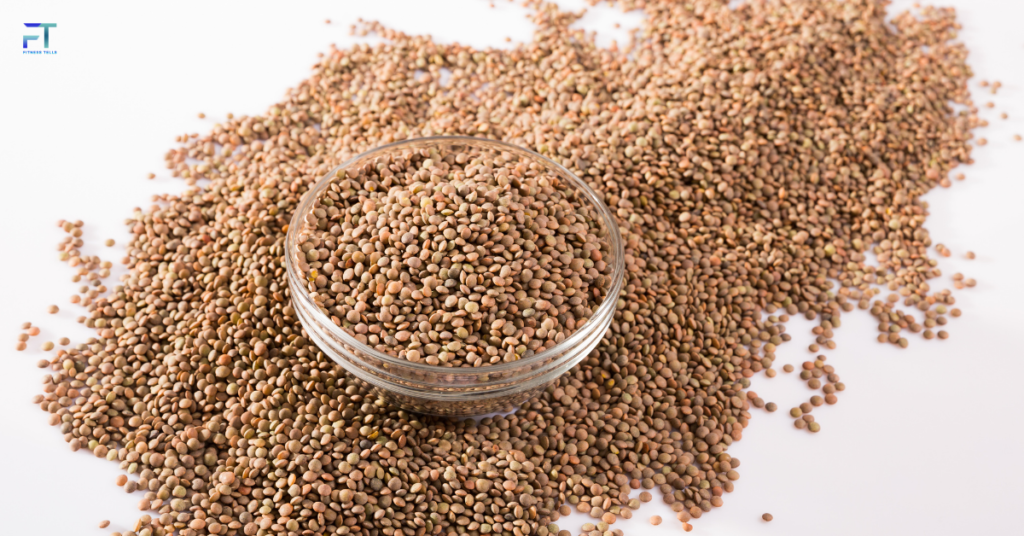
Lentils are one of the most healthy foods. In your quest for healthy eating, lentils can be your affordable, protein and fiber-rich partner. Lentils provide a nice amount of nutrients including iron, copper, manganese, and folate.
The health benefits of lentils are associated with improved and controlled cholesterol and blood pressure levels. You can take lentils with soups and salads.
Beans
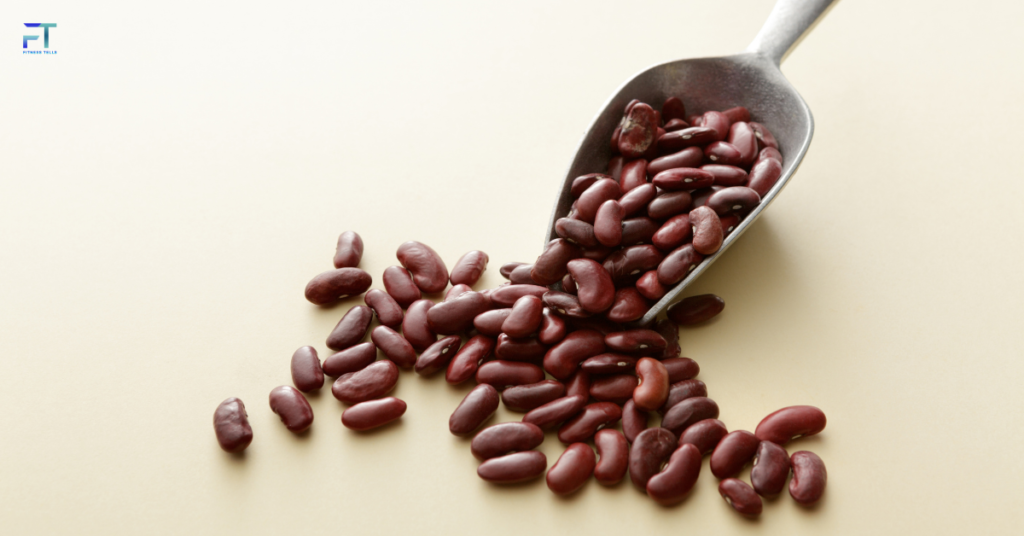
In addition to being healthy and full of nutrients, beans are affordable. Beans contain a fine amount of vitamins and minerals, such as iron, folate, and magnesium, as well as a significant amount of fiber. This grain is rich in plant-based protein and helps build muscle strength and maintain weight.
Beans also help keep lower cholesterol levels and improve blood sugar levels. You can add beans to salads, soups, and just about any dish that you like for added taste and health.
Whole grains contain high amounts of fiber and nutrients. They support digestion and prevent diseases like obesity and heart stroke. It also reduces chronic inflammation.
If you are not sure how to cook with whole grains, here are a few tips to do so;
- Buy whole-grain pasta
- Buy cereals made with whole grains
- Add cooked wheat to soups
- Rice can be taken with almost about any meal
Vegetables
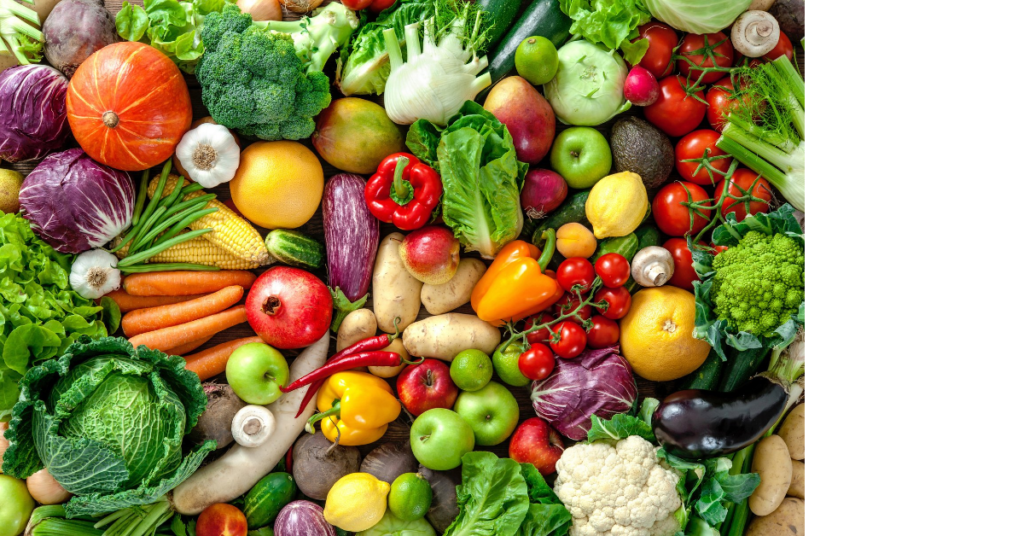
Potatoes
If you are looking for affordable nutrition, then nothing can beat potatoes. A study published in the PLOS One journal suggests that potatoes are a rich source of nutrients and would not put a dent in your pocket. White potatoes and sweet potatoes provide the best nutritional value.
Potatoes are high in beta-carotene that your body converts into Vitamin A, thus improving eye health. Sweet potatoes are also rich in Vitamin C and B, which help lower the risk of diseases such as diabetes.
Thus, you can use this highly affordable vegetable in your weekly meal plan.
Here are some fun ways you can cook potatoes;
- Steam the potatoes
- Bake and enjoy when it’s cold outside
- Take a side of mashed potatoes with your meal
Broccoli
Broccoli is an incredibly affordable vegetable that comes with amazing health benefits. It is rich in Vitamin C, which works wonders as an anti-oxidant. Broccoli helps boost your immune system, and its Vitamin K and folate constituents help prevent blood clotting.
You can eat broccoli either raw, boiled, or cooked and add to soups and salads.
Tomatoes
Tomatoes are highly nutritious as well as affordable. The vitamins C, B, A, and K in tomatoes reduce the risk of heart disease by controlling cholesterol and blood pressure levels. The trace minerals found in tomatoes also protect your body against many types of cancer.
You can add tomatoes to your sauces, stews, and casseroles. Moreover, this vegetable can also be used with salads in raw form.
Carrots
We all have been fed carrots as children, backed by the reason that they are good for our eyesight. Well, that’s right. Carrots are rich in beta-carotene that converts into Vitamin A in the body, thus promoting stronger immunity and good eye-sight. They also contain Vitamin C, fiber, potassium, and Vitamin K.
Moreover, this vegetable, when used in meals, helps prevent certain types of cancer due to its high antioxidant content.
Green Cabbage
Cabbage is a cruciferous vegetable, thus it contains glucosinolate content. These are antioxidants that protect you against certain types of cancer.
This is the perfect vegetable if you are up for budget-eating. Cabbage carriers high amounts of vitamin C and K, as well as vitamin B.
You can enjoy green cabbage in your salads.
Fruits
Along with being delicious, fruits are also an incredible choice for healthy eating. Here are some of the fruits that can be added to daily meals on a budget, while keeping you healthy.
Apples
The old proverb that goes by ‘an Apple a day keeps the doctor away has never failed us. Apples can be added to your list of healthy foods that are also cheap. This fruit is rich in fiber that helps with controlling blood sugar levels.
Eating apples regularly helps with inflammation in the body.
You can simply add an apple to your salad or consume it as a snack on its own.
Bananas
Bananas are budget-friendly food items that have several health benefits. They contain some very essential vitamins like vitamin C, vitamin B6, manganese, and potassium. Bananas are also a good source of fiber and protect against diabetes.
You can have bananas as a healthy snack or mix them with yogurt, or any other fruits of your choice.
Fig
Figs are full of vitamins and also a great source of fiber. Both fresh and dried figs promote many health benefits. Because of their high fiber content, they nourish and tone the intestines, thus promoting digestive health. Figs are also rich in antioxidants and support better levels of blood pressure.
You can add fresh figs to your salads or have dried figs all year round.
If you are not sure how to go about the servings of fruits and vegetables, here is a serving sizes infographic for you. Read, Fruits and Vegetables Serving Sizes Infographic.
How Can You Manage Healthy Eating?
When you are on a budget, it can be tricky to buy healthy foods. However, you can always find ways to save money while eating whole foods, including fruits and vegetables.
Here are some tips to help you eat on budget;
- Make a list
The aisles and aisles of foods and snacks in grocery stores can be very convincing, and you may be tempted to buy everything that you like. However, to eat healthy while going easy on your wallet, you have to stick to your grocery list. Thus, before you leave to fill your cart, make a list of all the healthy food items that you need.
- Plan your meals
Plan ahead. Pick a day from your weekend and plan your meals for the whole week ahead. You can also use whatever foods you have at home and plan out your meals accordingly.
- Cook for yourself
If you build the habit of cooking for yourself, you can save the amount you spend on buying food from restaurants. This way, you also have the benefit of knowing what ingredients are in your food. And when you do cook, cook large portions so that you can use your leftovers.
- Keep an eye on the ingredients
When you shop for food products to use in your meals, read the ingredients section carefully. You need to know what you are eating to stay fit and healthy.
- Avoid highly processed food.
Stop and think before you reach for that can of soda or that huge bag of chips. Highly processed foods are not only expensive but also contain ingredients like sugar and sodium that have close to no nutritional value.
The Bottom Line
While eating, it is important to remember that whatever you feed your body will have a direct impact on your health. Not everything you eat is healthy. Your body needs a balanced diet to remain healthy and get you through the day. The words ‘processed’ and ‘sugar’ are warning signs that you are giving your body the wrong fuel.
Improve your health and nutrition with the healthy foods listed above and live a healthy life on a budget.
Also Read:5 Easiest Flexitarian Breakfast Ideas For Beginners

